Keywords: Mining
There are more than 200 results, only the first 200 are displayed here.
-
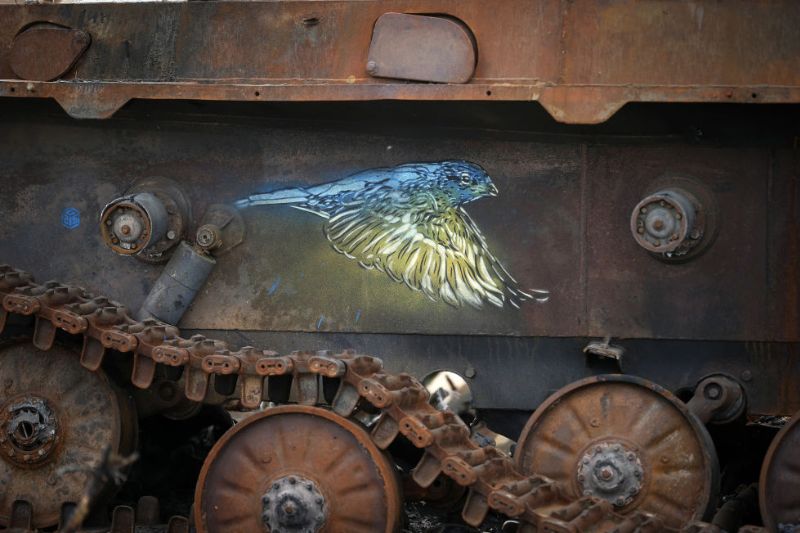
ARTS AND CULTURE
- Barry Gittins
- 13 October 2022
Why is it that we so often don’t learn from the last war’s mistakes? Time and again, humans are drawn into patterns of behaviour that echo those of the past, and that lead once again to armed conflict. It's too easy to shy away from examining the moral failure that is war. When we eulogise the fallen, do we forget why they were butchered in the first place?
READ MORE 
-
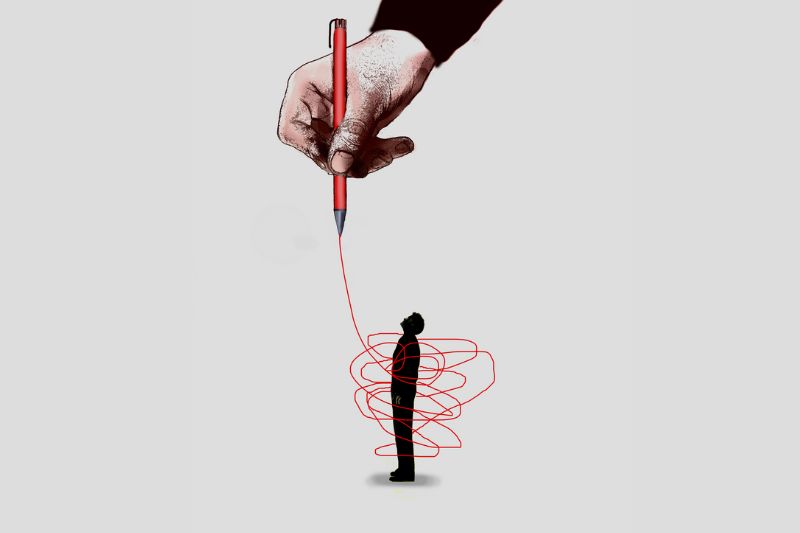
AUSTRALIA
- Andrew Hamilton
- 29 September 2022
8 Comments
Recently many people have expressed disquiet about the trend to authoritarian rule throughout the world. They have good reason for doing so. In the world we are entering, the freedom of citizens in the State depends on the will of Governments that will have no enforceable obstacle to withdrawing such freedoms on suspicion of future misconduct and not just for punishment of past, proven misconduct.
READ MORE 
-

INTERNATIONAL
- David Halliday, Axel Bruns
- 22 September 2022
Despite our differing social and cultural beliefs, we can mostly agree that we live in highly polarised times. But what divides us? ARC Laureate Fellow Prof. Axel Bruns studies social polarisation, and in this discussion we explore the drivers of polarisation, examining the role that digital and social media and broader social and political contexts play in intensifying social conflicts, threatening economic prosperity, undermining public trust, and ultimately destabilising societies.
READ MORE 
-
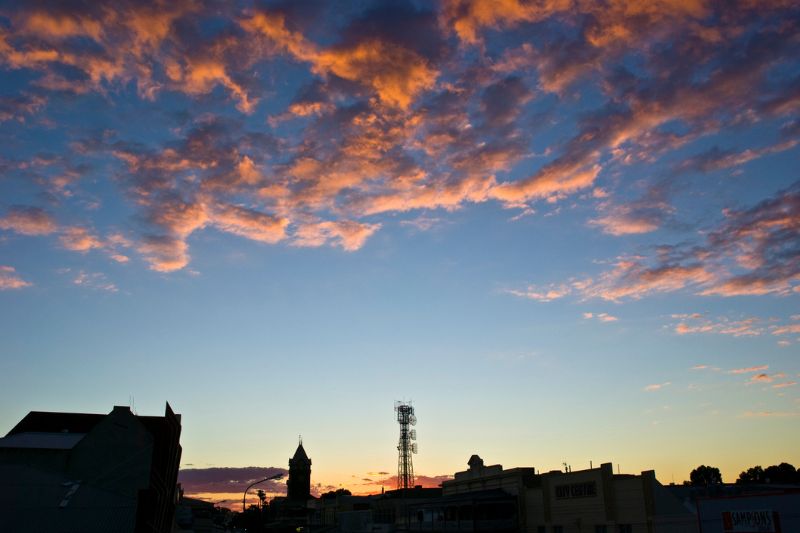
AUSTRALIA
- Bernard Appassamy
- 20 September 2022
The shards are earthenware with geometric or figurative coloured patterns. Their cracked glazes and ragged edges echo the outback raw aesthetic, and allude to the ongoing challenging narratives of Broken Hill. Now they are sitting large on my desk claiming a distinctive extraction value from a mining city, and whispering, like books on a homely shelf, an intimate lasting merit.
READ MORE 
-

ARTS AND CULTURE
- Gillian Bouras
- 02 September 2022
1 Comment
Australian cultural icon and erstwhile publisher Hilary McPhee calls Telltale ‘a rare thing, an ingenious memoir,’ and she is right. It is interesting and reassuring to note that books about reading and recollections of reading habits seem to be proliferating. Perhaps such writing is a defence measure against worrying developments like universities in England, for example, axing their English Literature courses.
READ MORE 
-

INTERNATIONAL
- David Halliday, Beth Doherty, Tim Dunlop, Matthew Howard
- 26 August 2022
When former Facebook employee Frances Haugen released a trove of documents revealing internal research on the negative effects its social media products were having on mental health, the darker side of social media became hard to ignore. So how might the harmful effects of social media be mitigated into a social benefit for a saner, more coherent society?
READ MORE 
-
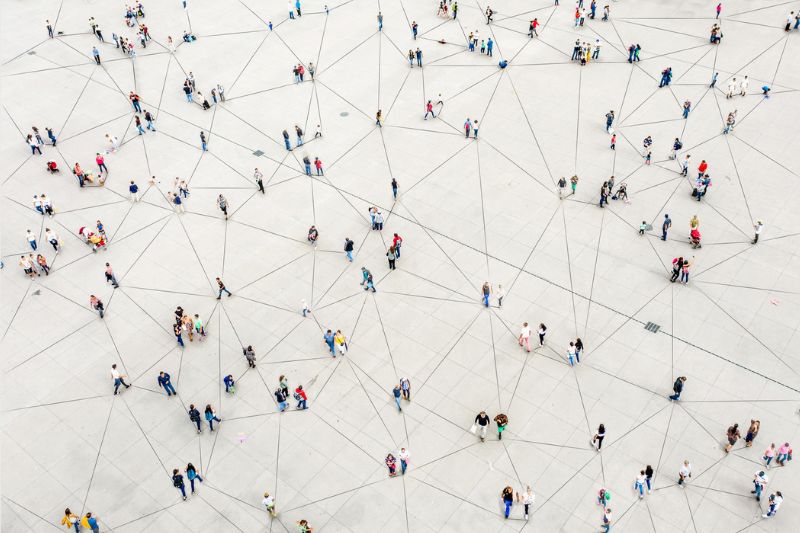
AUSTRALIA
- Andrew Hamilton
- 21 July 2022
One of the tests by which we can judge political maturity is whether it gives due weight to complexity. It is easy to reduce political conversation to opposed statements between which we must choose. That will sometimes be appropriate. Often, however, discussion of policy raises several different questions, each of which needs to be considered.
READ MORE 
-
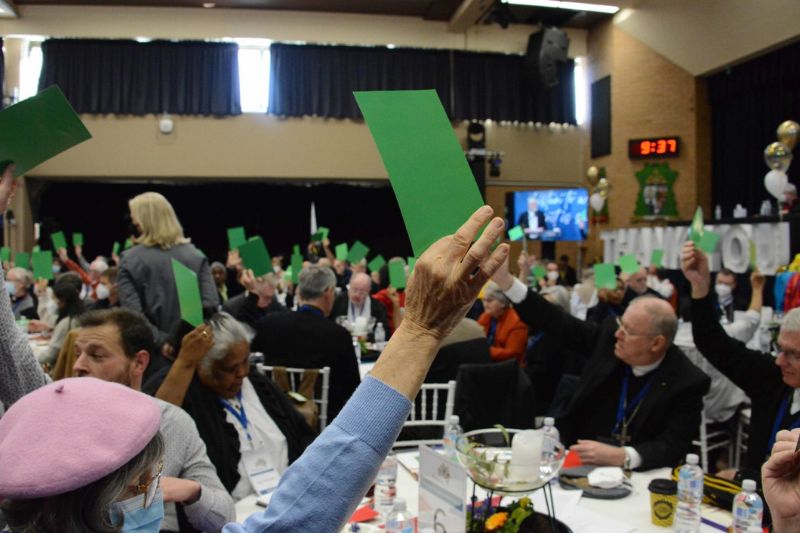
RELIGION
- Paul Collins
- 12 July 2022
33 Comments
The Plenary Council (PC) is over and the time has come for assessments. What did it achieve? In positive terms it brought together an enormously generous group of people whose dedication to Catholicism is extraordinary. It also demonstrated the diverse complexity of the community.
READ MORE 
-
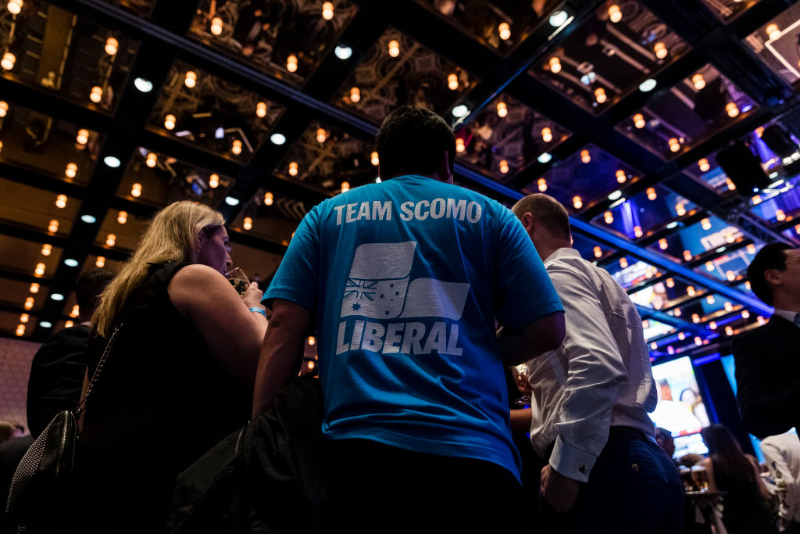
AUSTRALIA
- Anthony N Castle
- 18 May 2022
8 Comments
I was invited to a party the night of the 2019 election. The night’s entertainment was invite-only, with long tables of bread and wine, and I stepped back from the sounds of celebration to hear the political coverage on my phone. Standing at the far window, I looked up to see people in the night below, out in the dark, silent. Behind me a party guest shouted over the noise ‘what happened?’ I looked away from those outside and answered: a loss.
READ MORE 
-
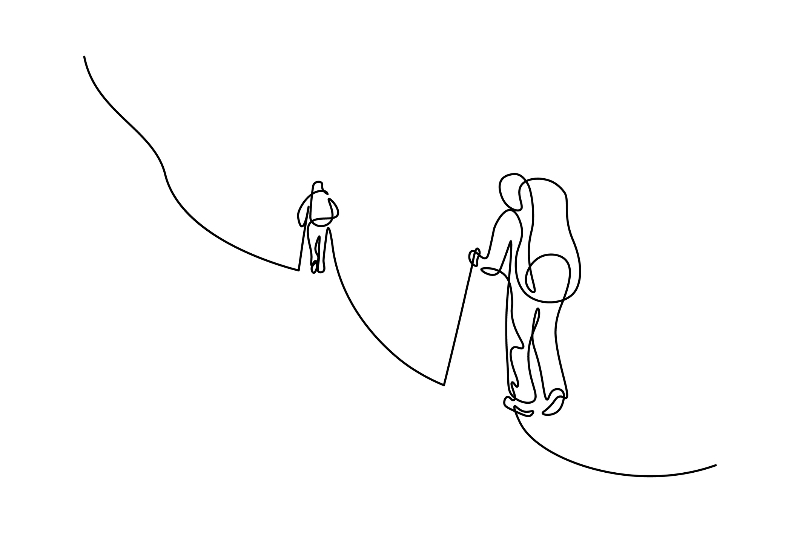
RELIGION
- Barry Gittins
- 14 April 2022
10 Comments
As a kid, all I wanted was answers. As soon as I’d get one, I’d chase the next. Nowadays, I’m happy with holding onto questions. Rephrasing, examining, thinking. The answers I have don’t always add up, and my mania for meaning, for definitive proof, is abating. I am increasingly aware that all of us, regardless of creed, creditworthiness, consciousness or credentials, lack definitive answers to life’s mysteries.
READ MORE 
-

AUSTRALIA
- Andrew Hamilton
- 13 April 2022
11 Comments
In our culture, Easter celebrates the benignity of the ordinary. It is a time for getting together with family, for going away to bush or beach, and in southern states a time of mild weather ideal for watching big football matches and other sport. The important question raised now by Easter is whether the meanings of Australian Easter, and indeed those available to our secular society, have the depth needed to handle our present predicaments.
READ MORE 
-
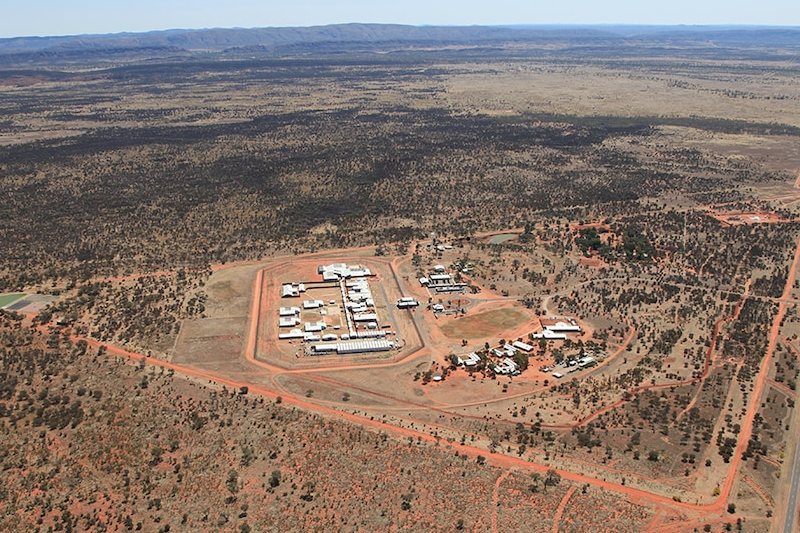
AUSTRALIA
- Julie Edwards
- 18 January 2022
2 Comments
The images are simultaneously striking and terrifying. A raging grassfire that is shooting flames into the sky and destroying nature around it and lapping perilously close to the fences around Central NSW’s Lithgow Correctional Centre. As local residents were evacuated and highways were closed to protect public safety when the fire raged out of control just before Christmas in 2019, 400 prisoners remained detained.
READ MORE 